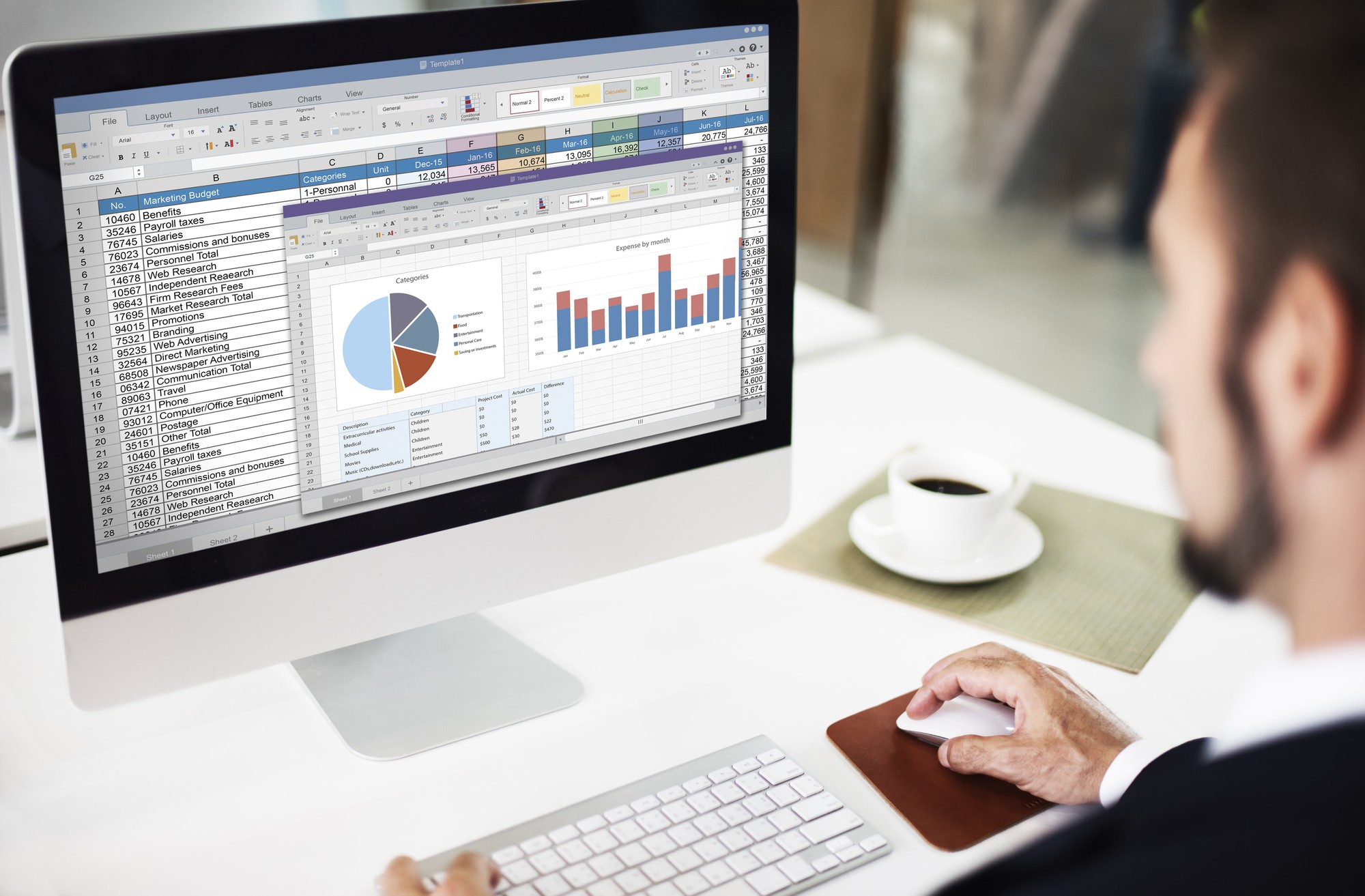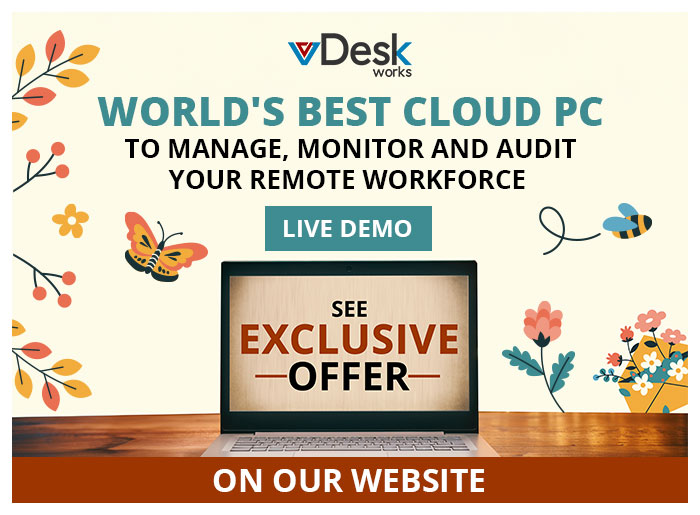

For businesses managing multiple entities, selecting the best accounting software is a crucial decision that can streamline operations, ensure financial accuracy, and support business growth.
The global accounting software market is growing rapidly, with an expected value of USD 20.4 billion by 2026.
With so many options available, how can you choose the best one to meet the unique needs of your multi-entity business?
In this blog, we’ll explore the essential features to look for when researching accounting software, highlight the challenges businesses face when managing finances across multiple entities, and offer suggestions to help you make the right choice.
Key Features to Look for in Accounting Software for Multiple Businesses
When managing several businesses or subsidiaries, you need software that can handle the complexity of multi-entity accounting. Here are some crucial features to consider:
1. Multi-Company Support
The most important feature of accounting software for multi-business owners is the ability to support multiple business accounts. This functionality should allow you to manage and integrate financial data from various subsidiaries, separate legal entities, or international branches from a single platform.
Key capabilities to look for:
- Multiple user access: Assign different roles and permissions to accountants and bookkeepers across all entities.
- Centralized control: Manage all financial data and reports in one place to streamline processes.
2. Consolidated Financial Reporting
Accounting software for multiple businesses must allow you to consolidate financial data from all your entities into unified reports. This includes more complex versions of your typical balance sheet, income statement, and cash flow statement.
Benefits:
- Provides a clear overview of your entire business group’s financial health.
- Assists with decision-making by offering a comprehensive view of finances across all entities.
- Supports reporting for investors and stakeholders, giving them a full picture of the business.
3. Customizable Chart of Accounts
Each business may have different transaction behaviors, income streams, and financial structures. Therefore, your accounting software should allow for a customizable chart of accounts.
Why this is essential:
- It helps avoid confusion by maintaining separate accounts for each business.
- Enables the flexibility to adjust the system as your business needs change.
4. Multi-Currency Support
For businesses operating internationally, the ability to manage multiple currencies is vital. The software should automatically handle transactions in different currencies and account for fluctuations in exchange rates.
Advantages:
- Ensures accurate record-keeping for cross-border transactions.
- Helps you comply with International Financial Reporting Standards (IFRS).
- Saves time by automating currency conversions and ensuring financial accuracy.
5. Scalability and Integration
As your business grows, your accounting software must be able to scale alongside it. Additionally, the software should integrate easily with other tools and systems you’re using, such as customer relationship management (CRM) software, payment systems, and enterprise resource planning (ERP) platforms.
Why it matters:
- Avoids the hassle of migrating to a new system as your business expands.
- Provides the flexibility to meet evolving business needs without losing functionality.
- Enables better data flow between different systems, leading to more efficient operations.
6. Real-Time Reporting
Real-time reporting is essential for understanding the current financial position of your businesses. Your accounting software should offer customizable reporting tools that provide quick insights into key areas like taxes, cash flow, and profits.
Key features include:
- Automated reporting: Reduces manual effort and ensures timely delivery of financial reports.
- Advanced filters: Drill down into details like invoices, payments, and journal entries to make informed decisions.
7. Tax Compliance and Statutory Reporting
For multi-business owners, staying compliant with tax regulations across different jurisdictions is critical. Your software should support statutory reporting and ensure timely tax filings.
Features to look for:
- Automated tax calculations: Ensures accurate reporting based on local tax laws.
- Pre-built reports: Easily generate Profit and Loss (P&L), balance sheets, and other statutory reports.
Challenges in Using Accounting Software for Multiple Businesses
While accounting software for multiple businesses offers many advantages, there are challenges that business owners should be aware of:
- Data Complexity: Managing multiple entities with different financial systems and reporting requirements can result in data complexity. Choosing software that integrates all entities and supports detailed customization can alleviate this issue.
- Cost: Many accounting software solutions charge based on the number of users or entities. For businesses with several subsidiaries, this can become costly. It’s important to evaluate the pricing structure and ensure it aligns with your budget.
- Learning Curve: For businesses that are new to multi-entity accounting, there may be a learning curve when setting up the system. Choose software that offers user-friendly interfaces and adequate customer support to make the transition smoother.
- Security: With multiple businesses relying on the same accounting software, it’s essential to ensure that the software offers robust security features, such as encrypted data storage, user permissions, and multi-factor authentication.
Recommended Accounting Software for Multi-Entity Businesses
Talygen’s Accounting Software
Talygen is a cloud-based enterprise accounting solution designed to help businesses of all sizes manage their finances efficiently. With features like billing, invoicing, project management, and real-time reporting, Talygen is a comprehensive tool for business owners who need to manage the financial health of multiple businesses.
Key Features:
- Billing and invoicing: Automated invoicing and payment tracking streamline the financial process.
- Project management: Keep track of project budgets and expenses with integrated tools.
- CRM: Manage client relationships and billing in one place.
- Cloud-based platform: Access your financial data from anywhere at any time.
Why it’s #1 Choice?
- Ideal for businesses of all sizes
- Great value for money with a comprehensive set of features
- User-friendly interface with excellent customer support
How Business Software Rankings Help You Choose
When choosing accounting software, it’s important to rely on trusted sources for guidance. Business Software Rankings provides detailed reviews, ratings, and comparisons of different software solutions, helping you make informed decisions. By evaluating features, user feedback, and expert recommendations, Business Software Rankings ensures that you’re choosing software that aligns with your business needs and budget.
Whether you’re looking for software with multi-company support, advanced reporting features, or easy scalability, Business Software Rankings offers trustworthy insights that will help you find the best accounting software for your business.
Conclusion
Selecting the right accounting software for multi-entity businesses is essential for maintaining financial control, ensuring compliance, and supporting growth. By considering key features, businesses can choose software that meets their needs now and in the future. Platforms like Talygen offer robust solutions for managing complex financial data across multiple businesses, while Business Software Rankings provides the insights and reviews to help you make the best choice.
